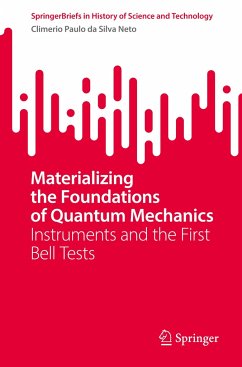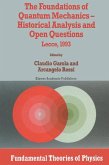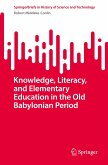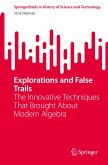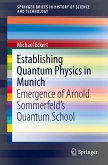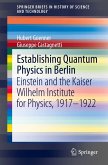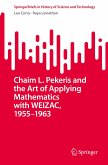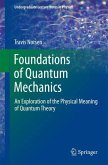This book offers a history of the instrumentation used to materialize the early thought experiments devised in the Einstein-Bohr disputes over the foundations of quantum mechanics. It shows how the second world war and cold war fostered the development of materials, instruments, and systems that made it possible to create, manipulate, and detect single quantum systems, thus creating the material conditions for experiments in foundations of quantum mechanics and for a broad spectrum of experimental inquiries on the structure and properties of matter which underlay the creation of new research fields such as quantum optics, quantum information, and atomic, molecular, and optical physics. Discussing research and development performed in diverse contexts, this book reveals how physicists carried instruments, and the knowledge they embodied, through disciplinary and geographic frontiers to probe entanglement, a most intriguing feature of the quantum world.
Bitte wählen Sie Ihr Anliegen aus.
Rechnungen
Retourenschein anfordern
Bestellstatus
Storno

